Physical therapists at Central Vermont Medical Center provide Vestibular Rehabilitation (Vertigo) treatment that reduces dizziness-related symptoms.
Vertigo is one of the most common health problems in adults. According to the National Institutes of Health (NIH), about 40% of people in the United States experience feeling dizzy at least once during their lifetime. Prevalence is slightly higher in women and increases with age.
Dizziness or vertigo, a false sense of rotation, is a symptom, not a disease, and can occur for a variety of reasons. The most common cause of dizziness that a physical therapist sees and treats is Benign Paroxysmal Positional Vertigo (BPPV – see below), but other causes of dizziness of vertigo could include unilateral or bilateral vestibular hypofunction due to neuritis, labrynthitis or concussion; vestibular migraines, acoustic neuroma, or even medication side effects. This is just a short list, and these causes may or may not be appropriate for physical therapy treatment. Your physician, and/or a thorough physical therapy evaluation can help you determine if we can be of assistance.
If you are having any of these symptoms and follow up with your physician, you may be referred to physical therapy for the treatment of your dizziness. At CVMC Rehabilitation Therapy, a physical therapist will complete an evaluation and take a history and treat your symptoms accordingly.
Diagnosis
Your physical therapist will perform a comprehensive evaluation of your history as well as your vestibular function, balance and mobility. Please be prepared to answer several questions about your vertigo, your physical therapist will use your answers to the following questions to help identify the cause of your vertigo and to determine the best course of treatment:
- What symptoms are you experiencing? (Vertigo or spinning, imbalance, lightheadedness, nausea?)
- When did you first have these symptoms and how long do they last (seconds, minutes, hours, days)?
- What are you doing when you have vertigo (turning your head, bending over, standing perfectly still, rolling in bed)?
- Have you fallen due to your vertigo?
- Have you had vertigo before?
- Do you have hearing loss, ringing, or fullness in your ears?
- Have you had any changes in your heart rate or breathing?
Your physical therapist will perform tests to determine the causes of your vertigo and also to assess your risk of falling. Depending on the results of the tests, your therapist may recommend further testing or consultation with your physician.
Treatment
Physical therapy treatments for dizziness can take many forms. The type of exercise that your therapist designs for you will depend on your unique problems and might include:
- Exercises to improve your balance
- Exercises to help the brain "correct" differences between your inner ears
- Exercises to improve your ability to focus your eyes and vision
- Exercises to help improve your functional mobility such as squatting down to pick something up rather than bending over, or being able to walk a straight path.
In addition, your physical therapist might prescribe exercises to improve your strength, your flexibility, and your heart health—with the goal of improving your overall physical health and well being.
Benign Paroxysmal Positional Vertigo (BPPV)
Symptoms of BPPV, the most common form of vertigo, are decreased balance, vertigo and nausea. These symptoms typically occur when moving in bed, reaching for objects on the floor or in a cupboard, when washing your hair or putting in eye drops.
What is BPPV? BPPV is caused by the displacement of crystals (otoconia) in your ear. This can happen with age, head trauma or can be the result of being in one position for a long time (always sleeping on the same side for example). The otoconia are part of your vestibular system (i.e. structures of the inner ear, the vestibular nerve, brainstem, and cerebellum), which tells your body where you are in space to help maintain your equilibrium. If the otoconia become dislodged, you will feel a sudden sense of rotation or spinning with certain body postures.
Because of this the treatments for BPPV are different than other vestibular rehabilitation therapies.
Treatment of BPPV involves reproducing your symptoms by moving you through a series of positions called the Canalith Repositioning Maneuver. Your therapist will have you lie on a treatment table and will have you roll in a specific sequence from your back to your side and then to a seated position. This will be repeated until you are able to sit up without any symptoms. The purpose of this is to relocate the otoconia so your vertigo is resolved.
Once your treatment is complete, it is normal to feel off balance or lightheaded for 48 hours and up to 2 weeks. A follow up visit may be indicated if your vertigo symptoms do not go away completely over the next 48 hours.
Resources for patients
 Physical Therapist
Physical Therapist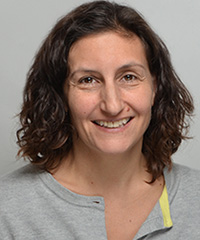 Physical Therapist
Physical Therapist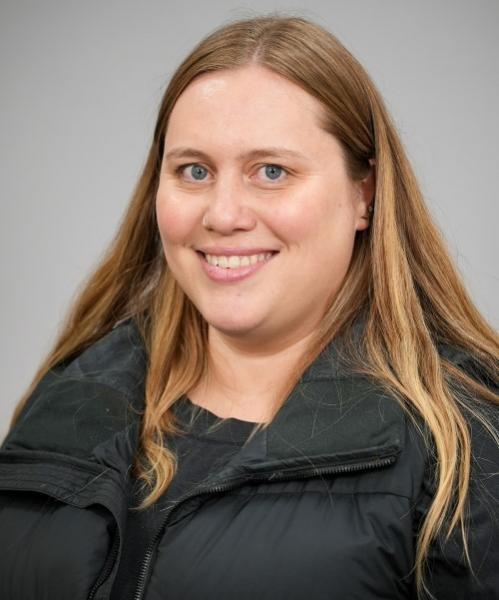 Physical Therapist
Physical Therapist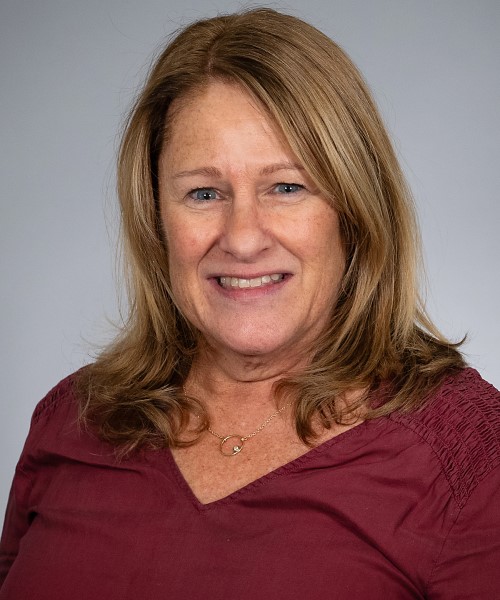 Physical Therapist
Physical Therapist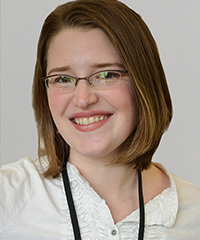 Physical Therapist
Physical Therapist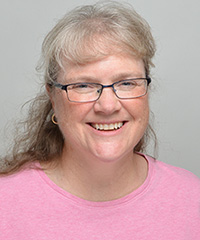 Physical Therapist
Physical Therapist
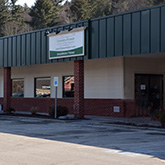
CVMC Rehabilitation Therapy - Berlin
Phone
Fax
802-371-5350
Hours
Monday: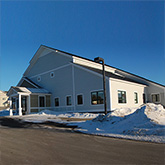
CVMC Rehabilitation Therapy - Berlin - Granger Road
Hours
Monday: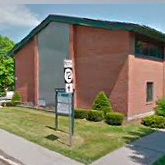
CVMC Rehabilitation Therapy - Montpelier
Phone
Fax
802-229-0231
Hours
Monday: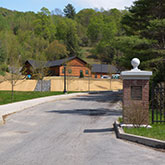
CVMC Rehabilitation Therapy - Northfield
Phone
Fax
802-485-6116

